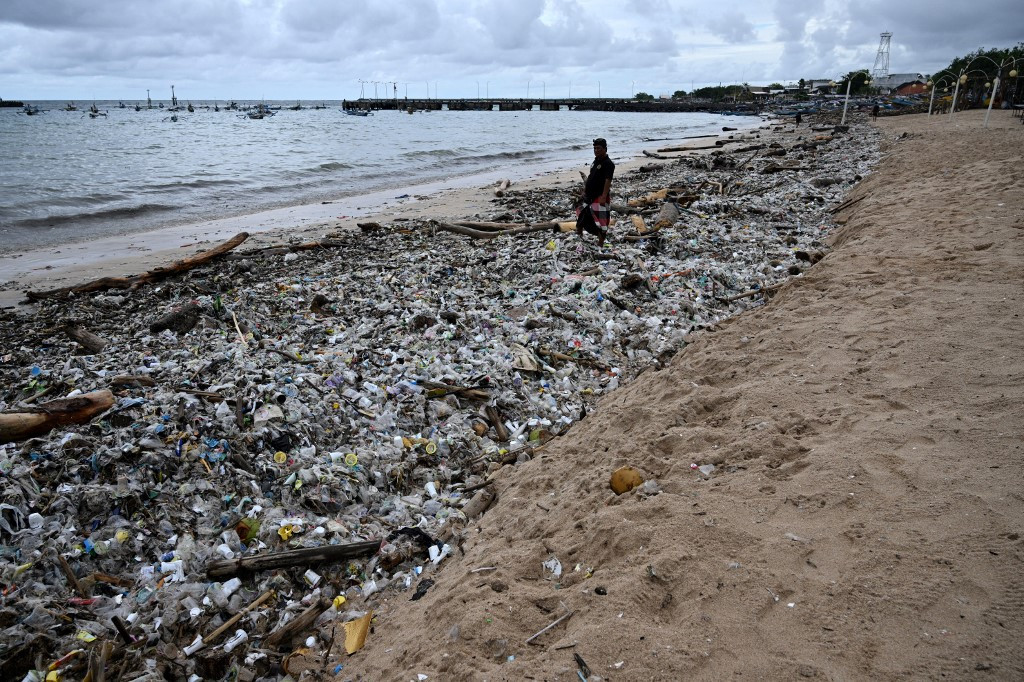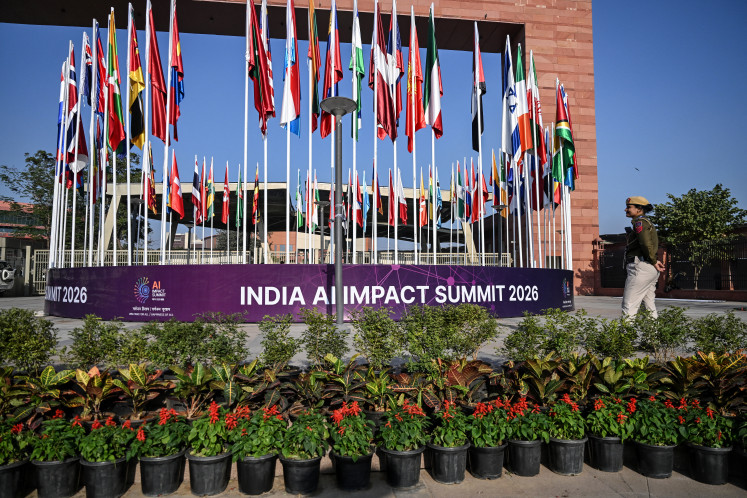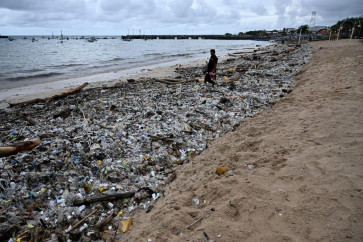Popular Reads
Top Results
Can't find what you're looking for?
View all search resultsPopular Reads
Top Results
Can't find what you're looking for?
View all search resultsGovt aims for 30 major cities to process waste into electricity, fuel by end of 2029
Yuliot said that plastic waste will be processed using pyrolysis technology to produce fuel oil. Meanwhile, organic waste will be used to produce bioenergy “in the form of either biogas or biomass.”
Change text size
Gift Premium Articles
to Anyone
T
he Energy and Mineral Resources Ministry is targeting for 30 major cities in Indonesia to start processing waste into electric power and fuel oil using waste-to-energy plants by the end of 2029.
Deputy Energy Minister Yuliot Tanjung expects each city to generate 20 megawatts (MW) of electricity from the waste power plants.
“We are mapping the cities, targeting around 30 cities, which each could produce around 20 MW of electricity,” he said in Jakarta on Wednesday, as reported by detikfinance.
Read also: Indonesia set to miss 2025 waste management target by wide margin
Yuliot went on to say that plastic waste will be processed using pyrolysis technology to produce fuel oil. Meanwhile, organic waste will be used to produce bioenergy “in the form of either biogas or biomass.”
Currently, the government is drafting a new presidential regulation (Perpres) on waste management that will stipulate technologies used to process waste into energy, according to the deputy minister, considering waste remains an economic problem.
Waste can lead to significant financial costs associated with collection, treatment, landfill space, health problems and potential environmental damage.


















